In this week's column we wish Slackware a happy 30th birthday, look forward to the soon to be landing Mageia 9, and get the bugs out of LibreOffice 7.5.5.
Posts tagged as “mageia”
Also included, Flash on life support, Mageia’s new release, Ubuntu sets date for “Zesty Zapus” and our News Wire gets an RSS feed.
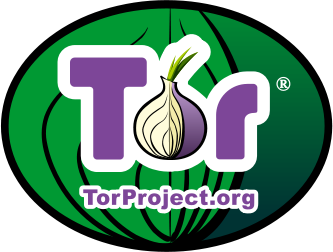
FOSS Week in Review
Outside of FOSS, the news becomes too depressing and repetitive to read. Gamergate has taken over our country and is set to move into the White House and to have free rein in the halls of congress. Roles are being reversed and it’s rapidly becoming politically incorrect to express concerns for our mother the earth or for the creatures who inhabit it, while it’s perfectly fine to label anyone who advocates for equality as a “social justice warrior” who should have no place within any organization.
If you think I’m bummed out, you’re right. At least for the time being, in the world of FOSS life goes on as usual…
Christine Hall has been a journalist since 1971. In 2001, she began writing a weekly consumer computer column and started covering Linux and FOSS in 2002 after making the switch to GNU/Linux. Follow her on Twitter: @BrideOfLinux
Like everybody, we love “five best” lists. Trouble is, how can we come up with a five best list of anything when we haven’t even begun to look at them all? What we can do is list “five favorites,” like we’ve done with this list of five favorite Linux distros.
I’ve never been a distro hopper. Not at all. I started out with Mandrake back around 2002, and stuck with Mandrake/Mandriva until 2010. When it became obvious that the distro was in serious financial dodo and wasn’t likely to be around much longer, I moved to PCLinuxOS. This move was made partly because the distro had started life as a fork of Mandrake/Mandriva, keeping me in familiar territory, but mostly because it was one of two distros I could find that supported the Wi-Fi on an old Dell laptop I was using at the time. In 2012 I moved to Bodhi Linux after falling in love with the simple elegance of the Enlightenment 17 desktop, and the next year switched over to Linux Mint Xfce edition when we finally got around to setting up a full time office for FOSS Force.
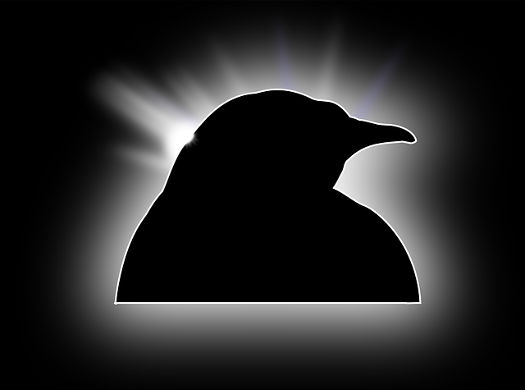
Christine Hall has been a journalist since 1971. In 2001, she began writing a weekly consumer computer column and started covering Linux and FOSS in 2002 after making the switch to GNU/Linux. Follow her on Twitter: @BrideOfLinux
Back on June 23, when we asked you to name the first Linux distro you ever used, we pretty much knew that the choice “Other” would take the day.
That’s because we wanted to be completely neutral, so the ten choices we offered besides “Other” were just the top ten distros from the Distrowatch “Page Hit Ranking,” which meant that those who started their Linux life with something other than Debian or SUSE in the pre-Ubuntu era were not represented.
The results have been tallied and Debian got the most votes in our Community Distro Poll. We would call them the “winner,” but this wasn’t about winners and losers. It was about trying to reach a consensus on what we mean by the term “community distro.” We asked, “Which GNU/Linux distros do you consider to be legitimate community distros?” Choices weren’t limited to one; voters could choose as many as they wanted and even add more through a text box supplied by choosing “Other.”

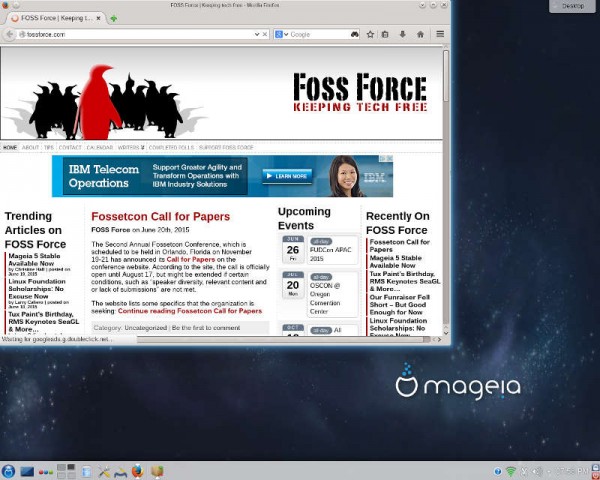

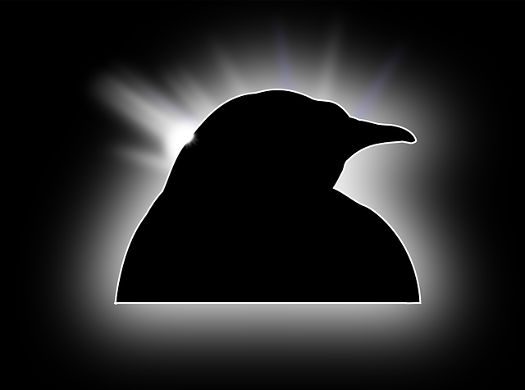
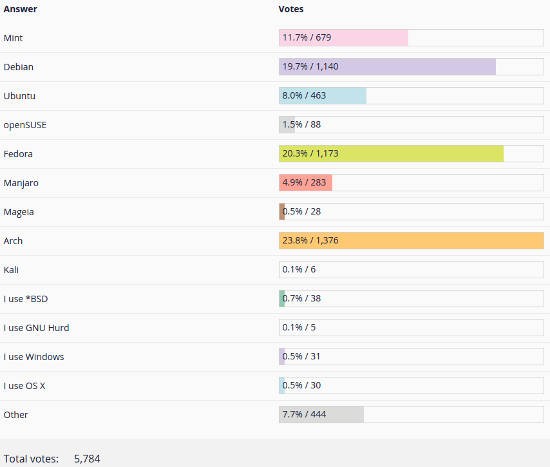


 FOSS Force has learned that Mageia will soon officially announce the release of the stable version of Mageia 5, most likely later today. According to a source within the organization, the ISO images were pushed to the distro’s main mirror at about 7 P.M. EST yesterday. According to our source, the developers are now just waiting for the images to be available on all mirrors before making the official announcement.
FOSS Force has learned that Mageia will soon officially announce the release of the stable version of Mageia 5, most likely later today. According to a source within the organization, the ISO images were pushed to the distro’s main mirror at about 7 P.M. EST yesterday. According to our source, the developers are now just waiting for the images to be available on all mirrors before making the official announcement.